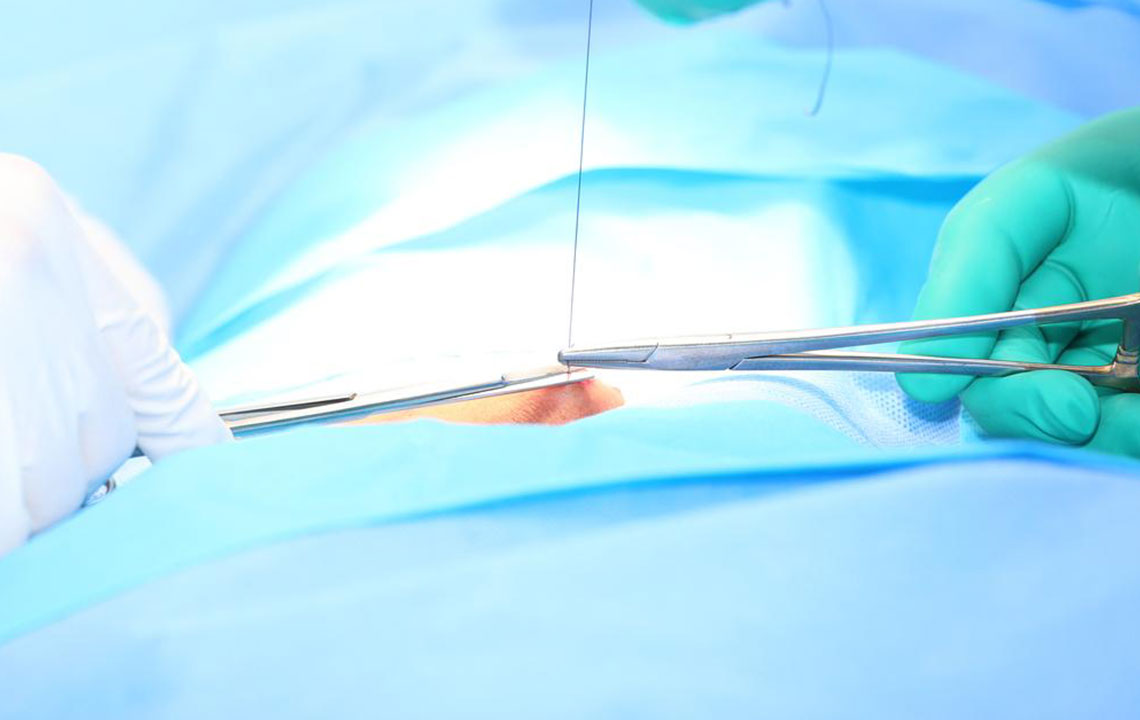Effective Approaches to Managing Hiatal Hernia and Related Medications
Discover comprehensive information on hiatal hernia management, including symptoms, causes, and effective treatment options such as medications and surgery. Learn lifestyle tips to alleviate symptoms and improve quality of life, emphasizing the importance of professional medical advice.

Managing Hiatal Hernia: Treatments and Pharmaceutical Options
A hernia develops when an internal organ protrudes into an area where it normally doesn't belong. The diaphragm, a muscle that separates the chest from the abdomen, has a small opening called the hiatus through which the esophagus passes to connect with the stomach. In a hiatal hernia, the top part of the stomach shifts upward into the chest cavity via this opening. Typically affecting individuals over 50, this condition can vary in severity.
Causes of Hiatal Hernia
The exact cause remains unclear. However, factors such as tissue weakening from injury, damage, or increased pressure from coughing, vomiting, heavy lifting, or straining may contribute. An enlarged hiatus at birth, obesity, aging, and smoking are also linked to increased risk.
Symptoms are often mild or absent, but when present, may include the entry of air or bile into the esophagus. Common signs include belching, chest discomfort, worsening heartburn when lying down or bending over, and difficulty swallowing.
Management of a hiatal hernia depends on symptom severity. Mild cases may require no treatment, but persistent issues impacting daily life should prompt medical consultation. Treatment options include medications, lifestyle changes, and surgery.
Antacids— Over-the-counter remedies like Mylanta, Gelusil, Rolaids, Maalox, and Tums can neutralize stomach acid for quick relief.
Medicinal Therapy— H-2 receptor blockers such as nizatidine, ranitidine, famotidine, and cimetidine reduce acid production and can be prescribed at higher doses if needed.
Additional Drug Options— Proton pump inhibitors like Lansoprazole and Omeprazole inhibit acid secretion further and promote healing of esophageal tissues. Stronger formulations may be recommended in some cases.
Surgical Procedures— Typically reserved as a last resort when medications fail to relieve symptoms. Surgery may involve hernia repair, repositioning the stomach, or tightening the esophageal sphincter. Techniques include laparoscopic methods with small incisions and camera-guided instruments. The operation takes 2-3 hours under general anesthesia, but reoccurrence is possible.
Symptoms related to gastroesophageal reflux disease (GERD), such as severe heartburn, often indicate the need for treatment. Lifestyle modifications are beneficial, including weight loss, eating smaller meals, avoiding acidic foods, elevating the head during sleep, refraining from lying down after eating, and quitting smoking. Additional surgical options for GERD and hernia correction include fundoplication variants like Nissen and Tolep procedures, among others. Be cautious of unproven non-surgical treatments; always consult reputable healthcare providers for reliable care.










